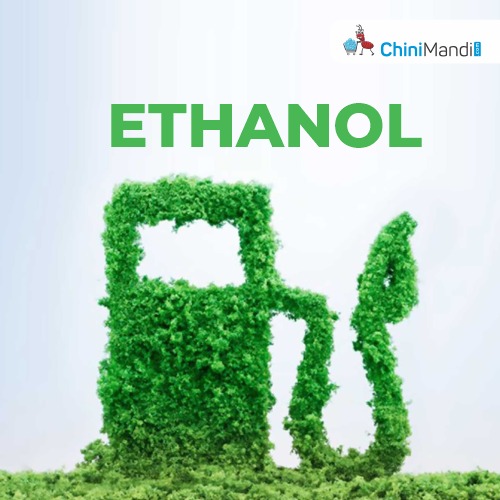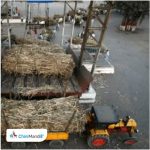The Oil Marketing Companies (OMCs) on Friday announced the ethanol allocation for the Ethanol Supply Year 2025-26, with the allocation to the sugar sector being around 289 crore litres, which accounts for 61% of the total offered quantity of approximately 472 crore litres.
Deepak Ballani, DG, ISMA said that the allocations are significantly lower than expected and disproportionately low relative to both the requirement and the sector’s proven capability. This is equivalent to the sugar diversion of only around 34 lakh tons of sugar.
“However, the sugar sector alone is capable of supplying over 500 crore litres (~50% of the requirement), with the diversion of approximately 50 lakh tons of sugar,” he said.
As per preliminary ISMA estimates for the 2025–26 Sugar Season, India’s sugar production is expected to reach 349 lakh tons, reflecting an 18% increase over last year, against the estimated domestic sugar consumption of 280–284 lakh tons for the same period.
ISMA said that such limited and unexpected allocations are likely to cause serious negative impacts.
“We are worried that the low allocations will lead to underutilisation of distillery capacities, which will affect operational and financial efficiency. Secondly, it will increase the surplus sugar in the country, putting downward pressure on domestic prices and liquidity. This will adversely impact over 5.5 crore sugarcane farmers, due to reduced cane procurement and delayed payments and result in disruption across the sugarcane value chain, from cultivation to ethanol production and exports,” Ballani said.
Ballani emphasised the need for sugar exports. “It is strongly urged that the Government permit sugar exports of 20 lakh tons from early November 2025. Early export approvals will help manage surplus sugar stocks, improve liquidity, support farmer incomes, and maintain a balanced sugar-ethanol ecosystem”, he said.
ISMA has urged the government to announce a National Ethanol Mobility Roadmap 2030 with targets beyond E-20 blending to fully utilise ethanol capacities, sustain industry growth, and encourage advanced biofuel innovation.
“The Association also called for GST rationalisation and incentives for Flex-Fuel Vehicles (FFVs) and Smart Hybrids to promote cleaner mobility. ISMA highlighted the need for stable ethanol procurement prices and quantity and Sugar export to protect farmer incomes and support rural employment,” Ballani concluded.















[…] Source : Chinimandi […]